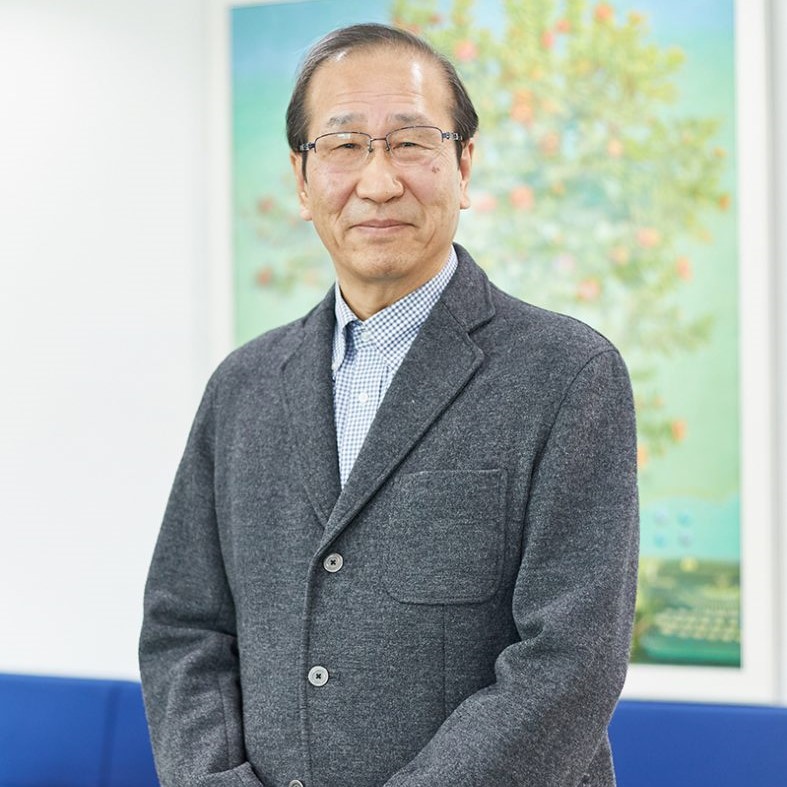Title:
Chemistry and Application of Soft Porous Crystals Abstract:
With the Industrial Revolution in the 19th century, humans began to create technologies that consume huge amounts of energy. Initially, people used solid coal as an energy resource. In the 20th century, the focus changed to liquid petroleum. In the 21st century, where the depletion of petroleum has become a critical concern, gases (e.g., natural gas and biogas, and even air) should play important roles—an “age of gas” is dawning. However, a gas is a form that is difficult to handle because it is easily dispersed, creates mixtures, has a low concentration under normal conditions, and is invisible. In particular, new porous materials are indispensable for advancing science and technology to control gases at will.
As the promising materials to address global issues of clean energy technologies and environmental sustainability, the emerging class of crystalline microporous materials, porous coordination polymers (PCPs) or metal-organic frameworks (MOFs), have been applied in fields of gas storage and separation, delivery vessel, sensors, catalysis, supercapacitors, FETs, batteries, proton conduction, and so on. We have found the 3rd generation (3G) PCPs/MOFs (Soft porous crystals, SPCs) that possess flexible or dynamic porous frameworks reversibly respond to external stimuli, not only chemical but also physical, unlike robust PCPs/MOFs (2G). In particular, by controlling the local motion of organic ligands that construct the framework, we discovered and developed an effective mechanism for separating gas mixtures with very similar properties, such as oxygen/argon, and light water/heavy water isotopologue mixtures.
This talk provides an essential and accessible overview of the chemistry of SPCs, their current features, and the outlook of further developed materials as 4th generation PCPs/MOFs which exhibit multi-functions simultaneously or alternately in combination. Bio:
Susumu Kitagawa obtained a Ph.D. degree from Kyoto University. He is a distinguished professor at Kyoto University Institute for Advanced Science (KUIAS) and the Institute for Integrated Cell-Material Sciences (iCeMS), at Kyoto University. He originated the science and technology of gas with porous coordination polymers (PCPs) and metal-organic frameworks (MOFs). He predicted early on the softness of PCP/MOF crystals and demonstrated that their framework changes in response to external fields to express various functions such as storage, separation, and conversion. He named these materials soft porous crystals (SPC) as a more generic term and pioneered chemistry, which is now rapidly spreading to other porous materials. He showed a clear vision for research by categorizing PCP/MOF materials as evolving from the first- to second-generation type in the early days to the third-generation in SPC and now to the fourth-generation type. He has advocated that the 21st century will be the "age of gas," where gas will be a crucial material in all areas of the environment, energy, resources, and health, and porous materials will play an important role. He received the Japan Society of Coordination Chemistry Award (2007), the Humboldt Research Award (2008), The Chemical Society of Japan Award (2009), the Thomson Reuters Citation Laureate (Chemistry) (2010), The Medal with Purple Ribbon, the Japanese Government (2011), The RSC de Gennes Prize (2013), The 10th Leo Esaki Prize (2013). Japan Academy Award (2016) and ACS Fred Basolo Medal (2016), The 58th Fujihara Award (2017), and Chemistry for the Future Solvay Prize (2017). Thomson Reuters and Clarivate Analytics Highly Cited Researcher (2014 - 2022). He is a member of the Japan Academy, a foreign member of the Royal Society (ForMemRS), an RSC fellow, and the honorary fellowship of the Council of the Chemical Research Society of India (CRSI). |

